Should we strive to become 'post-tragic'?
Can we live good lives despite 'everything happening' right now? Can we simply 'be with what is' while also staying engaged? What are healthy ways to mentally prepare for 'whatever might come next'?
For some time, I struggled to find the right words to describe our potentially most helpful relationship to 2025 and beyond.
From the get-go, I felt that it couldn't just be a simple ‘just be positive!’ or ‘use your imagination!’ as some of the magical antidotes we are offered to feeling less anxious or depressed about the course of the world.
We might need a renewed relationship with the world, one more rooted in reality, something more grounded.
But what might that look like?
Homo Sapiens, the ‘wise’ ape?
Like all lifeforms, human genetic programming is aimed at one thing in two different ways: surviving for as long as possible, as an individual and as a species. This is what all life does: work hard to stay alive, multiply, and avoid suffering as much as possible between birth and death.
Unlike all other lifeforms, humans can reflect upon, reimagine and change how they deal with the world, thanks to their prefrontal cortex, which unlocks super powers of complex language, abstract reasoning and imagination which empowered humans to build the combustion engine, the airplane, the radio and television, microchips, computers, the internet, democratic governance and so many other things.
This offers some hope: humans are highly adaptable and capable of making decisions based on complex understanding rather than pure instinct.
Humans are obsessed with ‘end times’
While divine prophecies have predicted many end times throughout history, science has unveiled the dinosaur-killing comet, and built the atom bomb.
As a consequence, today both religious and non-religious people have reasons to fear potential “end times”, from slowly unfolding decline to instant global disaster.
And yes—2025 is giving us a lot to deal with. Right now, even the most optimistic are having a difficult time remaining idealistic about the future.
“All the worlds cynics
are disappointed idealists”
~ George Carlin
First of all: let’s work very hard to not become cynical. It’s just not worth it and there’s a kind of smug laziness about it, because don’t need to do anything.
On the other hand, the best way to end up burned out is to keep pursuing the same goal without ever getting any closer to it. For instance, being a climate activist has been quite a thankless job, especially as we see climate change accelerating.
But we can never give up! Right?
When does ‘positivity’ cross over into ‘delusion’—when what we hope to achieve becomes something physically unattainable? When do our future visions turn into Don Quixote-esque endeavours?
So when do we refuse to be deterred by the naysayers, and when do we rightfully give up on a goal we’ve poured our hearts and souls into?
When do we allow ourselves to simply ‘be with what is’, however it might be?
Burnout happens often among activists and idealists—probably because one of the leading causes of burnout is never seeing tangible results from our hard efforts, finding ourselves running an endless hamster wheel, with brains always thinking about how to “save the world” as something that must be done—or else…
So now what?
Cynicism and nihilism can make us feel “right about things,” and they can help inspire some great dark comedy, yet they are never truly helpful.
What if we could flip some mental switches to make things easier for ourselves—without deluding ourselves of just giving up on everything? What can we let go of to ease our anxieties about the future in a real way?
Can we move ‘from there, to here’?
What if we shifted from mitigation (thinking and working to imagine and organise beautiful futures “over there”) towards adaptation (practically preparing for the most likely futures just around the corner)?
Also, perhaps we might want to change our idealism (focusing on strategising some imagined ideal future outcome) to pragmatism (focusing on what is most tangibly helpful now, thereby shaping the future).
Shifts like these can root us in the present, acknowledging that the future we will get might not be the future we were hoping for—while simultaneously choosing to embrace the challenge of “taking on the future,” whatever it might bring.
What past future ideals never materialised?
Could—or should—we let them go?
For example—if all along we had been hoping for a global green enlightenment immediately after humanity would understand the problem of climate change, we’d probably be feeling quite disappointed right now.
However, we also can’t allow ourselves to reject the reality we live in. Being alive in a world we wish were different means living in hell on Earth—right now.
Yet, much like the inhabitants of Easter Island, we continue deforestation of our cosmic island with increasing efficiency. Some of the islanders recognise the tribe is making a terrible mistake, but they are too few to stop the destruction.
So should we ‘just accept’ that?
What is a ‘post-tragic’ perspective?
The different perspectives on tragedy listed below can be seen as developmental stages in our relationship with reality and our personal maturity:
Pre-tragic perspectives see the looming disasters of the world and focus on “being positive and doing what you can” to prevent or minimise damage by proactively building a better future—against all odds and no matter what. The full predicament might not be seen in this perspective.
Tragic perspectives move through the full palette of looming disasters, concluding that ‘the end’ is inevitable, that nothing can be done, and that life has now become hopeless and meaningless. The full predicament is now known, but it is rejected.
Post-tragic perspectives acknowledge compounding disasters and their likely outcomes while also recognising them as inextricable parts of our lifetime. The predicament is fully acknowledged and embraced.
What about a Cosmic Perspective?
Perhaps part of a ‘post-tragic’ perspective could be an acknowledgment of the cosmic timescales we exist in, so we can cultivate our ability to see the present as just a nano second in cosmic history.
What about death?
Let’s consider our relationship with death in Western cultures. It is often a topic that we prefer to avoid, treating it as something of the far future rather than as a natural function of the organism that we are.
However, in any magnificent utopian paradise we might have been able to achieve here on Earth in another timeline, death would still have been a part of it. Doesn’t that mean we can stop fearing it as an anomaly?
We are not being hunted!
When we’re feeling scared about this moment in time, let’s remember that quite some of our ancestors in the last ice age had to deal with attacks by humongous sable-tooth tigers or neighbouring tribes, without any cops or doctors around.
As dangerous and scary this moment in time might seem, let's not romanticise the often senselessly brutal past of humanity. Life is actually pretty good.
Can we step off the stage?
Consider this: there is now a mesmerising human stage, where all of the drama that humans produce, all of the imagined and contrived concepts, ideas and constructs that speak to our fears and desires, are live broadcast 24/7 over a wide range of different channels that we too are creators on.
While some of us are part of a mesmerised audience, many of us are on the stage, contributing to the cacophony. But how much of any of this is real? How much of it is directly helpful to us?
We care super much about the performance, because as humans we seek meaning in others. We really want to know what matters and what’s happening on the stage of humans. Because we want to know who we are.
What life might lie beyond the stage?
Authentic life happens off stage. We are a part of nature, but it has become a bit like a border around human activities. Nature is quiet, it speaks only when we actively listen to it.
Ram Dass captured the post-tragic perspective quite well when he said:
“Whether this is the first day of the Apocalypse or the first day of the Golden Age, the work remains the same… love each other and ease as much suffering as possible.”
Do you consider yourself to be pre-tragic, tragic or post-tragic?
And when is your next offline walk in nature?





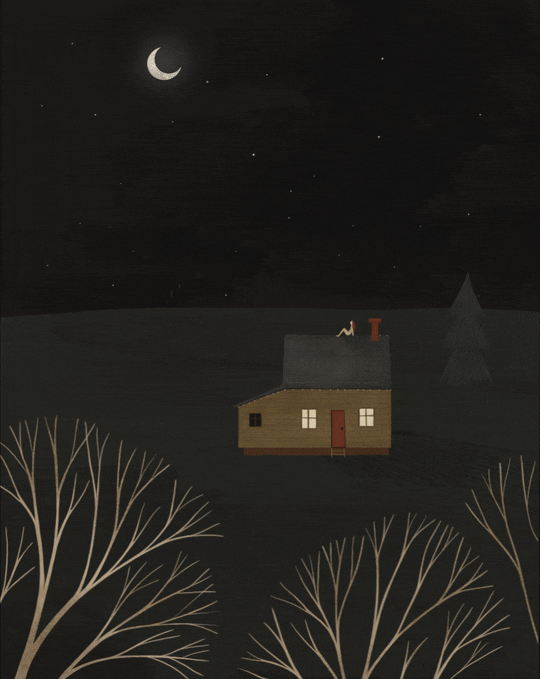
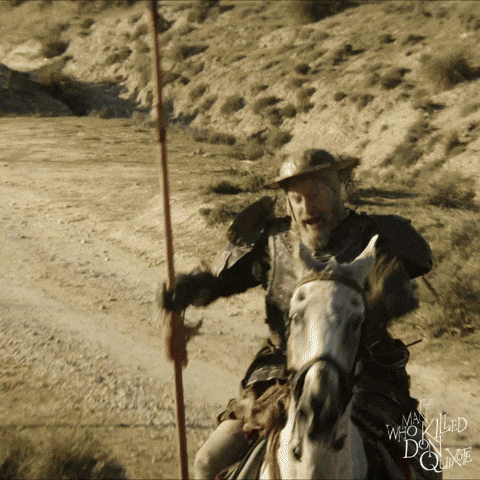
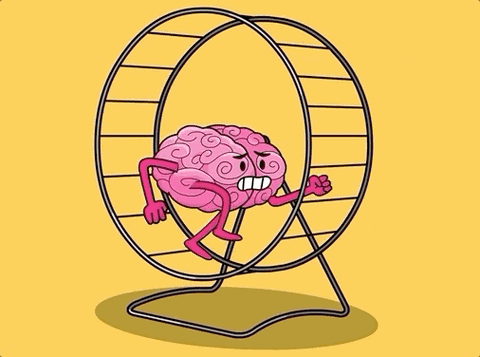
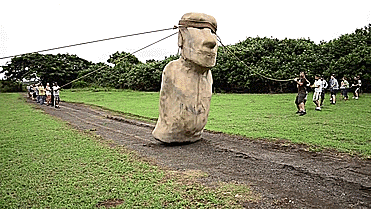
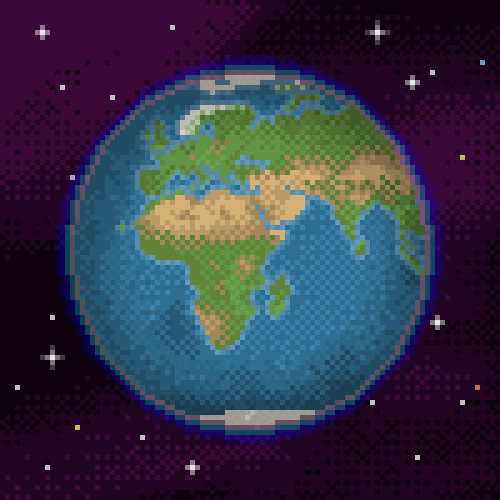
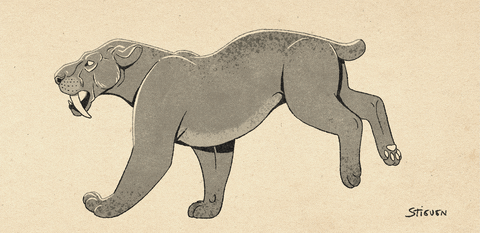
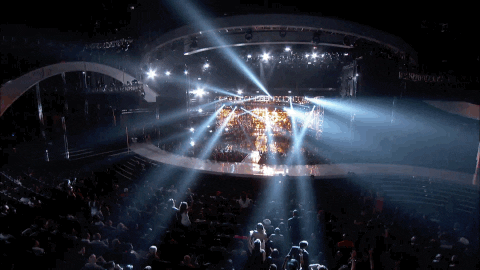
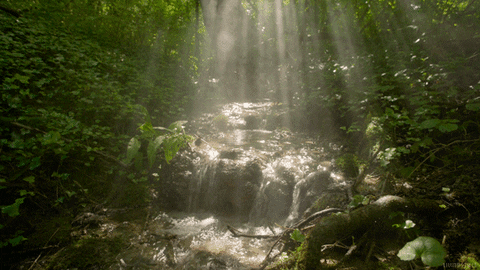
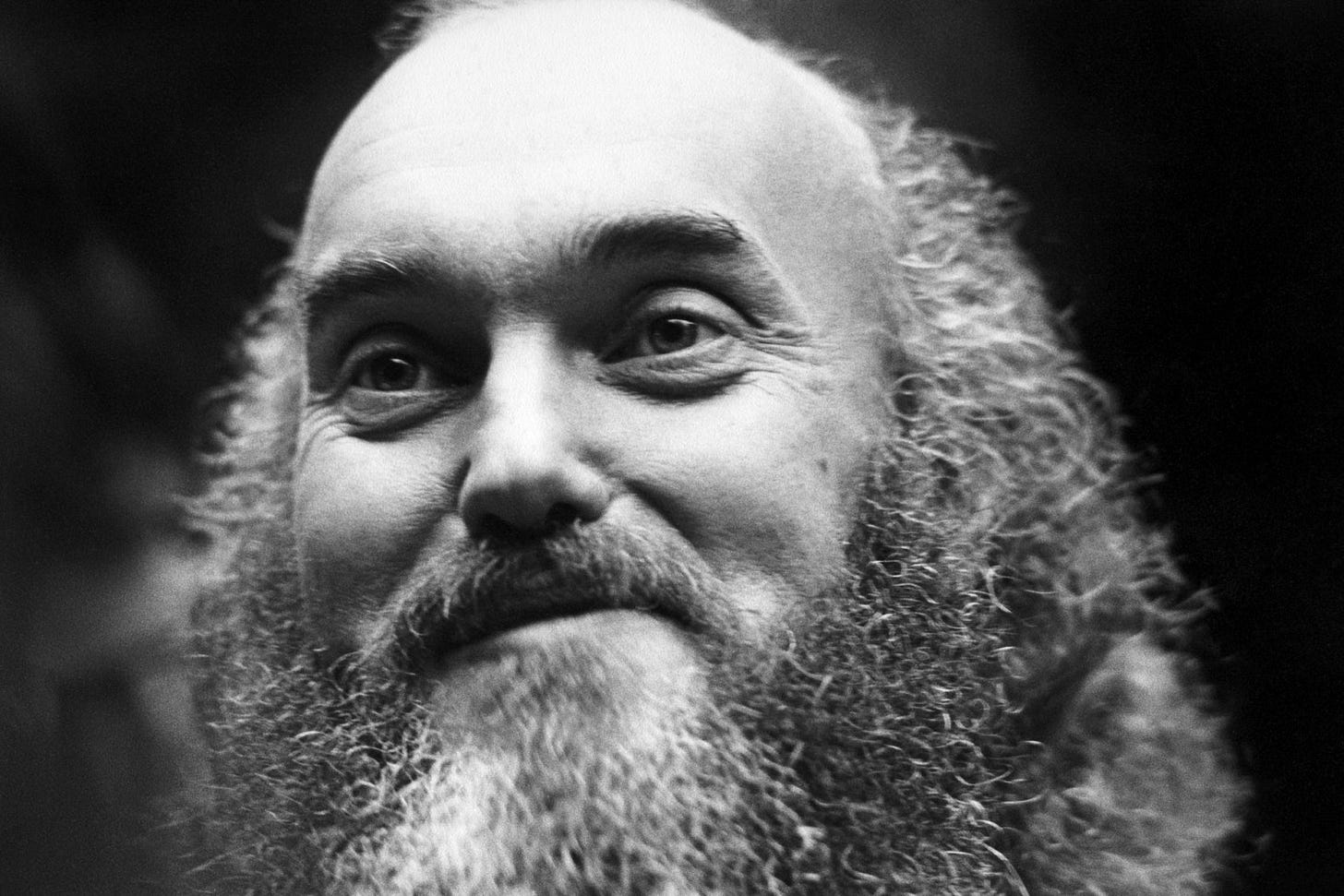
Ram dass says “total involvement, no attachment.”
I guess the real question is what does involvement mean?
I also like the rebacca solnit’s reframe I heard somewhere about hope not being a positive expectation but simply an acknowledgement that we can’t know what the future holds.
I appreciate the view, not fully there yet as it requires a deep peace with civilisational death that I don’t actually have it in me.
I'm with you on that.
It's no longer about being "right"; it's about engineering hope.
It's not about what is, but rather what we want to see instead.